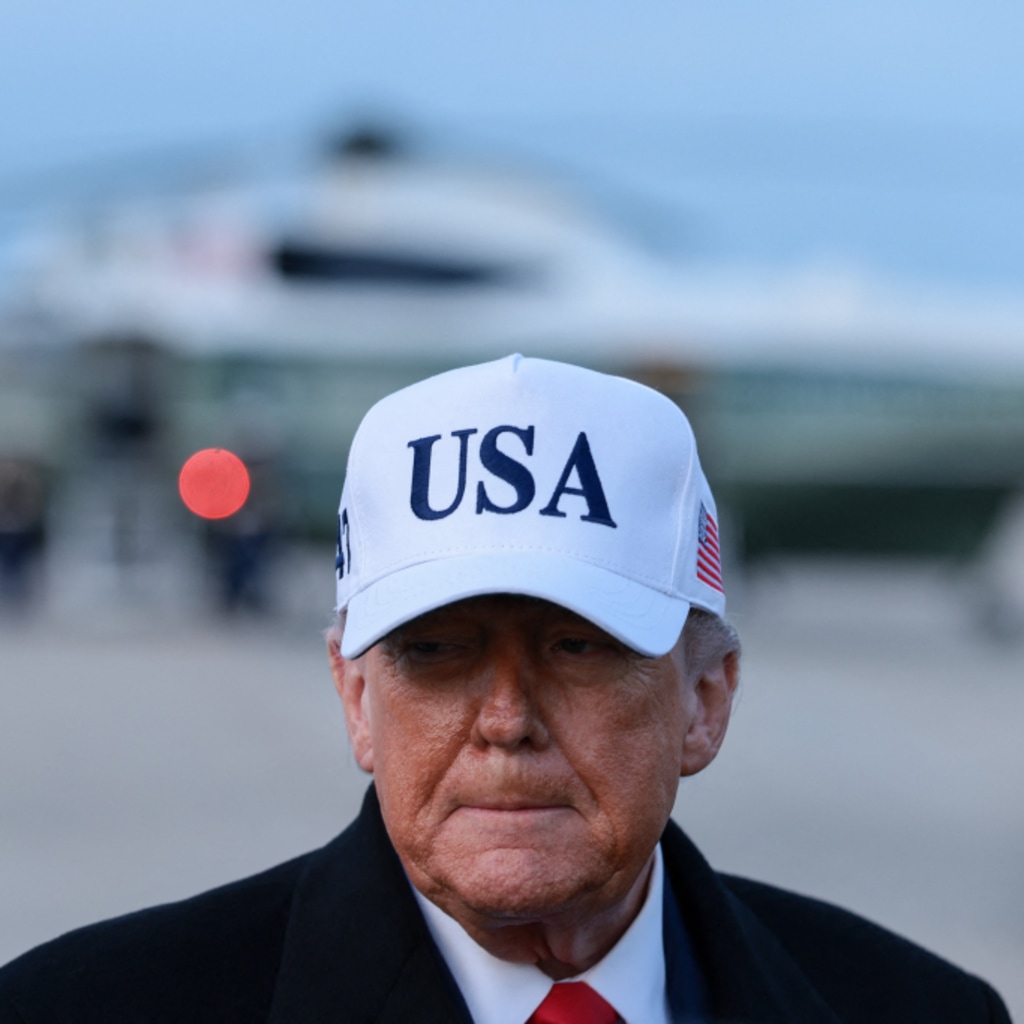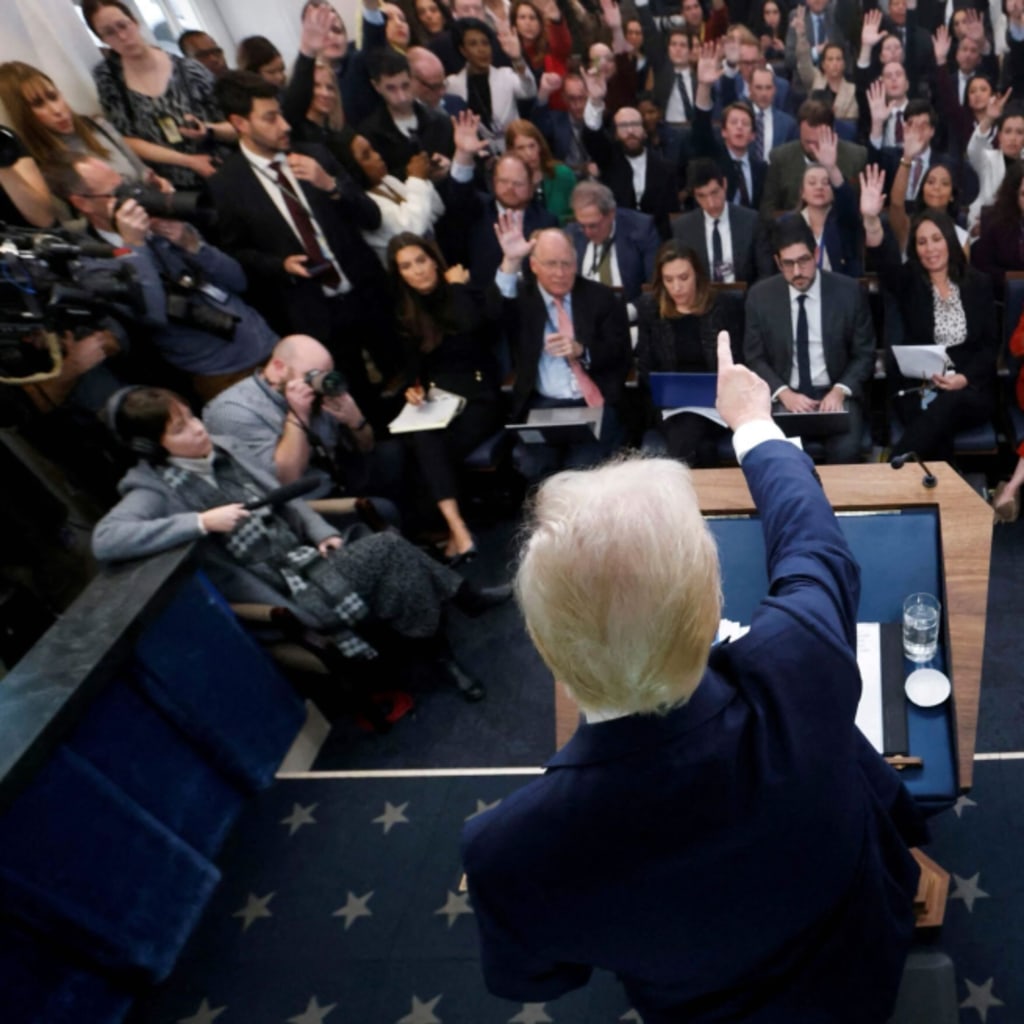Podcast: Japan’s Security Renaissance
Loading...
0:00 / 0:00
Published
Author
- Elizabeth C. EconomyHoover Institution, Stanford University
Show Notes
After seventy years of low-profile defense activities, Japan is poised to reinvent its national security posture. As Andrew Oros, professor of political science at Washington College and author of Japan’s Security Renaissance: New Policies and Politics for the Twenty-First Century, explains on this week’s Asia Unbound podcast, Japan has not only oriented its own self-defense forces toward more practical activities in recent years, but has also cultivated security partnerships with countries including Australia, India, and Vietnam. This security revival has been spurred in part by the dark clouds on Japan’s horizon: China’s military build-up, territorial disputes in the East China Sea, and North Korean nuclear adventurism. But further efforts to reform Japan’s forces will likely come up against Article 9 of Japan’s constitution, under which the country renounces the right to maintain a military and settle disputes by force. Will the perceived threats be enough for President Shinzo Abe to gain popular support for reforming Article 9? Listen above to hear Oros’s take on what the future holds for Japan’s national security posture, and what changes to Article 9 would mean for stability in East Asia and beyond.





